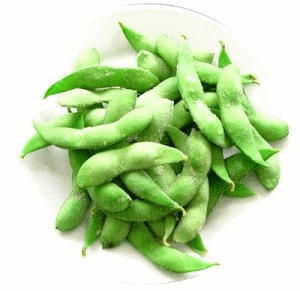Chives are the bright green, thin, hollow leaves of the Allium Schoenoprasum, a flowering plant in the onion family. Commonly used as an herb garnish, chives carry a mild, aromatic onion flavor that doesn’t overpower foods. Chives are also included in “fines herbes,” a traditional mixture of herbs essential to French cuisine.
The ancient Chinese used chives as long as 3,000 years ago, and since then, much legend has surrounded the small, grass-like plant. The Romans believed chives could relieve pain from a sunburn or sore throat, and Romanian gypsies used chives in fortune telling. It was also believed that hanging bunches of dried chives around the home would ward off disease and evil.
The most common variety, regular chives, are considered to be European chives. Another variety, called garlic or Chinese chives, have broader, flat leaves and a noticeable garlic flavor. In Chinese cuisine, these are commonly used in long cuts and tossed into stir-fry and other cooked dishes.
Health Benefits of Chives
- Chives, when finely chopped and consumed with food, are said to aid digestion and stimulate appetite.
- Consumption of chives has been found to be beneficial for the respiratory system of an individual.
- It has been seen that chives can help the body in digesting fatty foods, such as cheese.
- For those suffering from tiredness and fatigue, consuming chives can serve to be a good remedy.
- Since chives have been known to have diuretic properties, they can reduce obesity and fluid retention.
- Researches have revealed the result that chives help reduce the risk of prostate cancer, by as much as 50 percent.
- Chives have been found to comprise of mild anti-inflammatory properties.
- The oil of Chinese chives is believed to help heal bruises and kill germs in the intestines.

